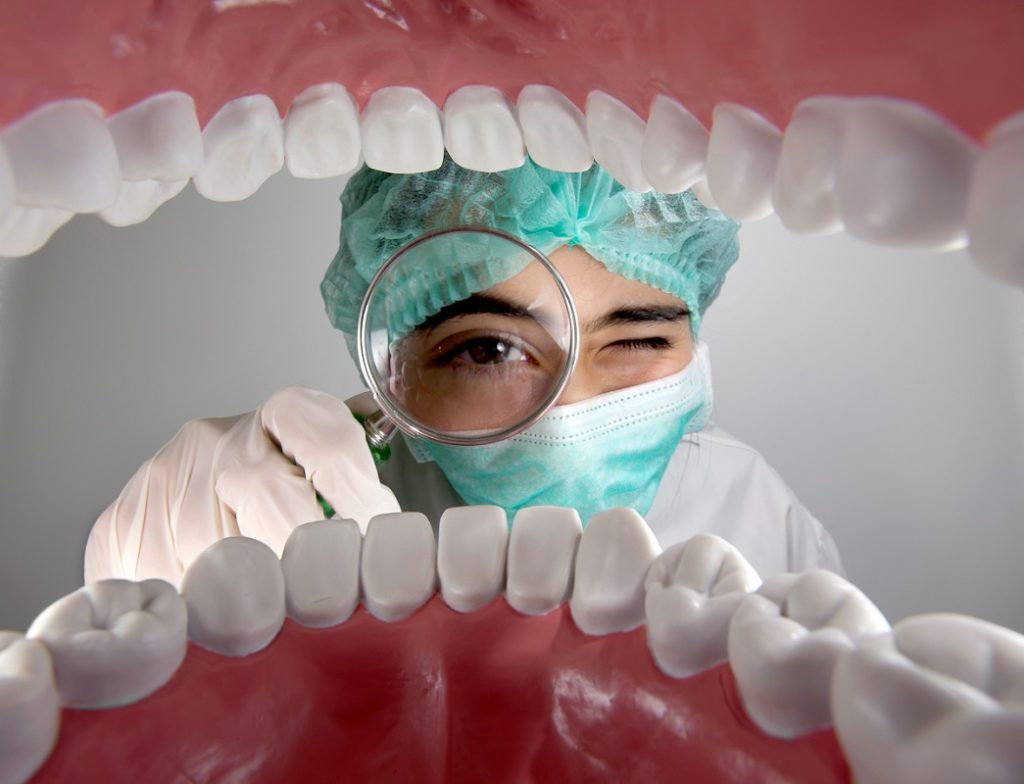Missing teeth can be a real pain in the neck, not to mention the rest of your body. You’ve probably seen all of the commercials for oral implants and are wondering if they might be right for you. Dental implants in Ipswich have become very popular in recent years because they offer several benefits over other tooth replacement treatments. However, like everything else in life, oral implants do have some downsides to consider. In this blog post, both the pros and cons of implants will be discussed so that you can make an informed decision about whether or not they are right for you.
What are oral implants, and how do they work?
Oral implants are small titanium posts that are surgically placed into the jawbone beneath the gums. Once in place, they allow your dentist to securely attach replacement teeth.
The implant fuses with the bone over a period of several months, providing a strong and stable foundation for artificial teeth.
The pros of oral implants
One of the major pros of oral implants is that they are a permanent solution to tooth loss as they can be anchored in your jawbone and become a part of you. They’re also more comfortable than either of those options.
The cons of oral implants
Many people are not aware of the potential risks and complications associated with oral implants. While oral implants are generally safe, there are a few potential risks and complications that you should be aware of before undergoing treatment.
Oral implants are inserted into your jawbone, which can cause some discomfort and swelling after the procedure. You may also experience failed implantation where the rate of bone growth is low for the implants to establish themselves.
How to decide if oral implants are right for you?

The biggest factors in whether implants are the right choice for you are the state of your oral health and how many teeth you’ve lost. Implants require a strong jawbone to support them, so if you have healthy gums but your jawbone has started to deteriorate, implants might not be an option.
There are preparation surgeries like bone and soft tissue (gum) grafting that can help make implants possible. But your dentist will be able to give you the right advice on whether oral implants are right for you.
Oral implants have become a popular choice for tooth replacement because of the many benefits they offer. However, it is important to remember that your suitability is not a yes-no answer.
What to expect during the oral implant process?
The first thing you can expect is a consultation with your dentist to determine whether you are a candidate for oral implants. During this consultation, your dentist will take x-rays and impressions of your teeth, as well as evaluate your overall oral health. If you are determined to be a good candidate for oral implants, the next step is to have a surgical procedure to place the implants in your jawbone.
After the implants are placed, you will need to wait for them to fuse with your jawbone, which can take several months. During this time, you may be fitted with a temporary denture or bridge to help restore your smile. Once the implants have fused with your jawbone, you will need to return to your dentist to have the permanent restoration placed on top of the implants.
The entire oral implant process can take several months to complete, but it is worth it for the long-term results. Implants are designed to last a lifetime, and with the proper care, they can give you a beautiful, natural-looking smile.
